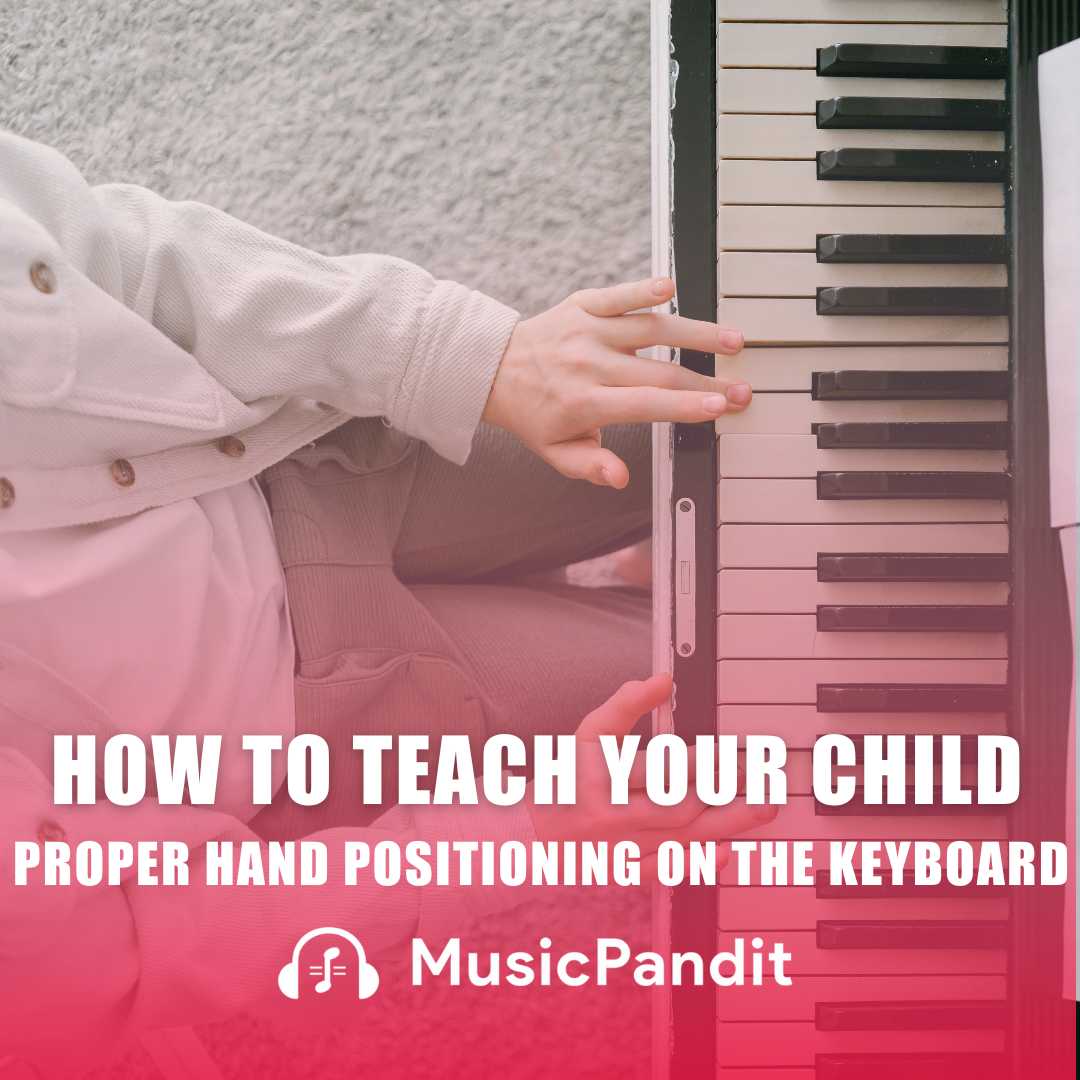The study of music is more than just an art form; it’s a discipline that shapes the thoughts, cultivates creativity, and enhances numerous abilities vital for a child’s development. As parents, fostering habits that nurtures these components is crucial. In this blog, we will explore 5 daily habits that can be of considerable benefit to your child as he or she starts their journey as a young musician.
Why Are Habits Important?
Habits form the backbone of achievement in any field. For a young musician, developing good habits early on, sets the stage for sustained growth and excellence. These habits not only instil discipline but also create a structured environment conducive to continuous learning and improvement. Let’s delve into these habits.
Keep Learning
One of the most important habits for any aspiring musician is the commitment to non-stop studying. This entails no longer being most effective working towards their device but additionally expanding their musical expertise. Encouraging your child to discover different genres, study various composers, and understand song concepts can significantly enhance their abilities.
Benefits of Continuous Learning:
- Broadens Musical Horizons: Exposing your child to numerous patterns and genres enriches their musical repertoire and fosters creativity.
- Enhances Cognitive Skills: Learning new pieces and ideas stimulates the brain, improving memory, problem-fixing talents, and critical questioning.
- Keeps Motivation High: Continuous mastering continues the method thrilling and stops monotony, preserving your child’s interest in tune.
How to Foster This Habit:
- Reading and Research: Encourage your child to examine books or articles about tunes and musicians.
- Listening Sessions: Have everyday lessons in which you listen to different varieties of music together and discuss them.
- Music Lessons: Enroll your child in music principle classes or workshops to deepen their understanding.
Practise the Same Time Daily
Consistency is fundamental in relation to learning any ability, and music is no exception. Establishing a fixed exercise time table facilitates discipline and ensures that your child dedicates enough time to their musical development every day.
Benefits of a Regular Practice Schedule:
- Builds Muscle Memory: Regular exercise at the identical time each day enables muscle reminiscence, making it less complicated to play complicated portions.
- Improves Time Management: A set exercise time teaches your child to manage their time efficiently, balancing tune with different activities.
- Creates a Routine: A consistent agenda helps in forming a habitual, making exercise a herbal part of your child’s day.
How to Establish This Habit:
- Set a Schedule: Choose a time that suits your child’s everyday routine and stick with it.
- Create a Practice Space: Designate a quiet, distraction-free area for exercise.
- Monitor Progress: Keep a practice journal where your child can notice what they’ve learned and track their development.
Build Parallel Skills
To be a well-rounded musician, it’s essential to develop skills that complement and enhance musical abilities. These parallel skills can include physical exercises, learning a second instrument, or even activities like dancing or acting, which can improve stage presence and performance.
Benefits of Building Parallel Skills:
- Enhances Coordination and Dexterity: Activities like sports or playing another instrument can improve hand-eye coordination and satisfactory motor abilities.
- Boosts Confidence: Engaging in activities like performance or public speaking can enhance stage presence and reduce overall performance anxiety.
- Encourages Creativity: Exploring extraordinary types of artwork and expression fosters creativity and may cause revolutionary musical thoughts.
How to Encourage This Habit:
- Diverse Activities: Encourage your child to participate in various extracurricular activities that interests them.
- Integration with Music: Find ways to combine those skills with music, such as incorporating singing into performances.
- Support Interests: Be supportive of your child’s pursuits, although they appear unrelated to music at the start.
Record Yourself
Recording practice sessions may be an incredibly powerful device for young musicians. This habit permits children to listen severely to their very own playing, discover areas for development, and music their development over the years. By frequently recording themselves, they are able to increase an extra delicate ear and a deeper information in their musical journey.
Benefits of Recording:
- Objective Feedback: Listening to recordings presents a unique attitude and allows in figuring out errors and regions for development that may not be sizeable for the duration of exercise.
- Progress Tracking: Regular recordings allow your child to sing their progress over weeks, months, and years, which can be notably motivating.
- Performance Preparation: Recording and reviewing exercise sessions can simulate overall performance situations, helping your child put together for real performances.
How to Encourage This Habit:
- Use Simple instruments: Utilise smartphones or basic recording gadgets to make the system easy and reachable.
- Review Together: Listen to recordings together and talk about what went nicely and what can be progressed.
- Set Goals: Encourage your child to set particular goals for each recording consultation to increase awareness of their practice.
Minimise Distractions
A centred practice environment is essential for effective learning. Minimising distractions helps your child pay attention better, leading to more productive exercise sessions. Creating a distraction-unfastened area can make a sizable difference in the first-rate of practice and the speed of progress.
Benefits of Minimising Distractions:
- Enhanced Focus: Reducing distractions enables your child to pay attention completely to their practice, leading to higher retention and skill acquisition.
- Increased Productivity: A targeted environment guarantees that exercise time is used efficiently, maximising the blessings of each consultation.
- Improved Discipline: Learning to train in a distraction-free setting fosters discipline and facilitates setting up a sturdy painting ethic.
How to Create a Distraction-Free Environment:
- Dedicated Space: Set up a specific area inside the residence certain for song practice, free from distractions like TV, computers, and noisy activities.
- Routine: Encourage working towards instances whilst the residence is quiet and unfastened from interruptions.
- Limit Devices: Keep electronic gadgets away at some stage in practice sessions except they’re being used as instruments for studying or recording.
Conclusion
Habits play a pivotal position in shaping your child’s adventure as a musician. By fostering a love for non-stop mastering, establishing a steady practice time table, and inspiring the improvement of parallel competencies, you can assist your child acquire the several benefits of track. These habits not only improve their musical abilities however additionally contribute to their common increase and development. As parents, offering a supportive environment and nurturing those behaviours can make a substantial difference on your child’s musical adventure and past.
Incorporating those daily conduct into your child’s recurring can pave the way for them to come to be a hit and properly-rounded young musician, prepared with the abilities and mindset needed to excel in their musical endeavours and in life.














